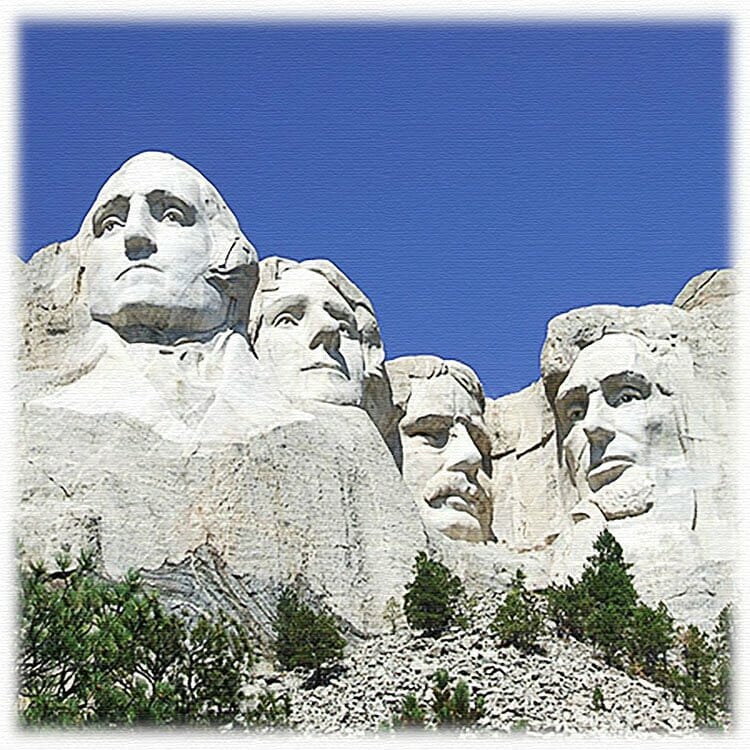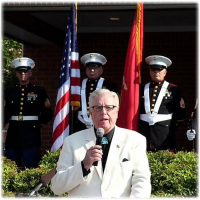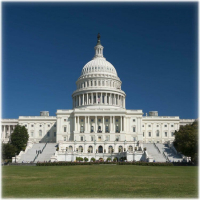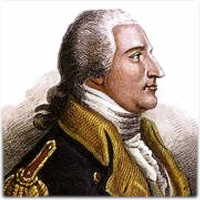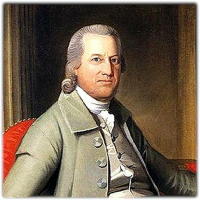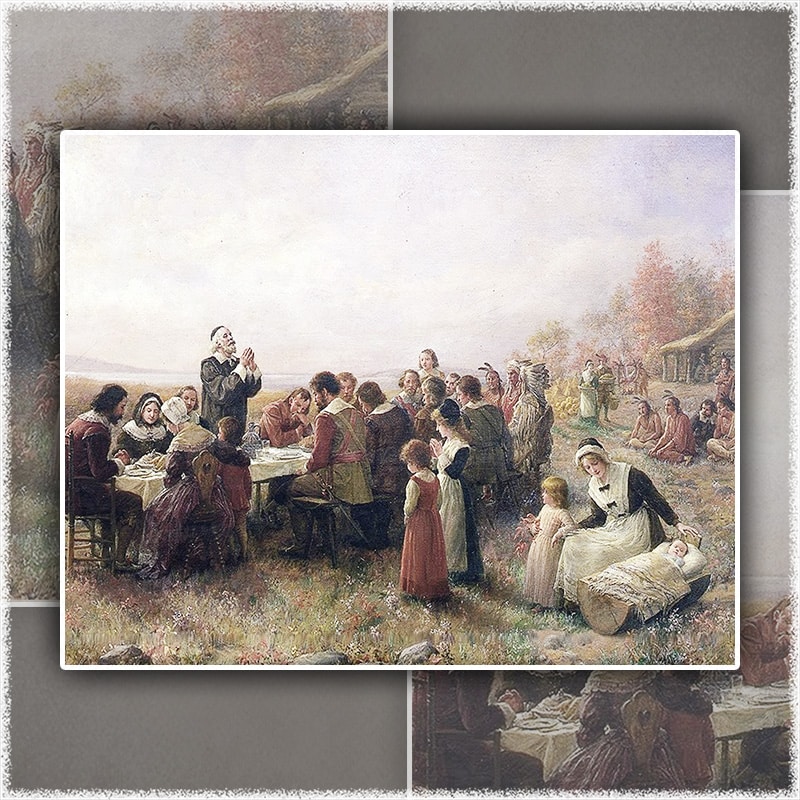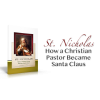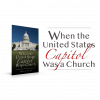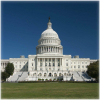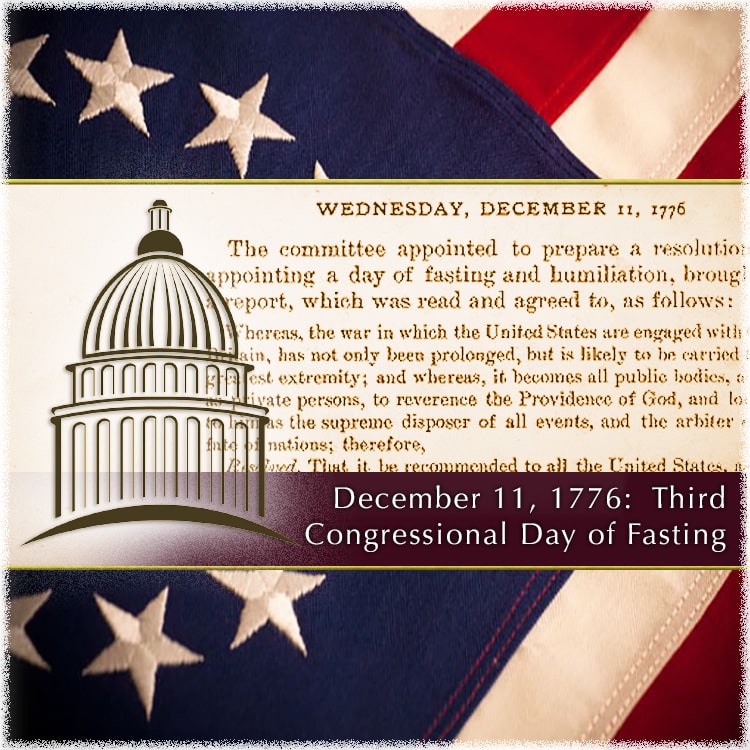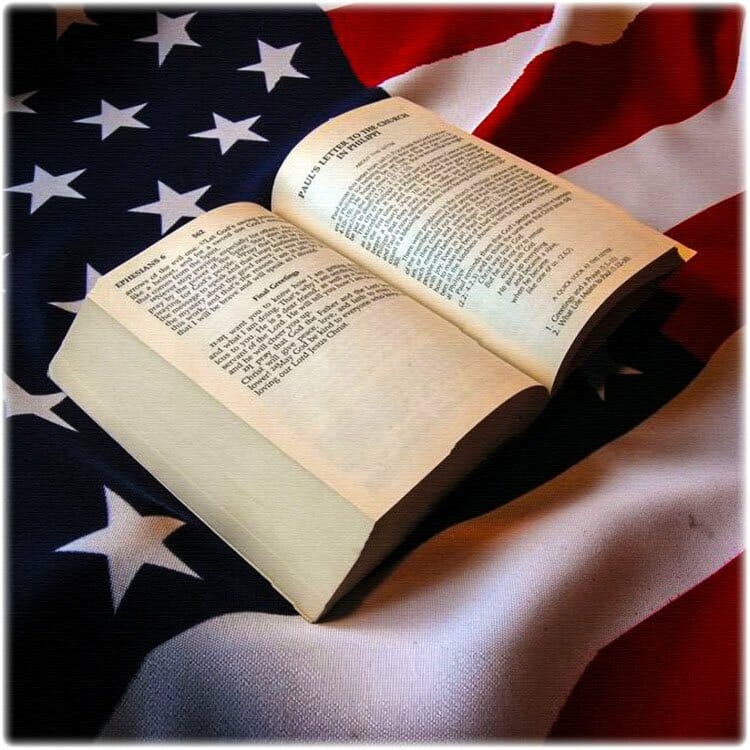- 1
- 1share
The Father of America, George Washington, was born on February 22. But in honor of our first President, the third Monday of February has been designated as the day to remember his stature in America's life. In 1880, a federal holiday honoring George Washington was implemented by and Act of Congress for government offices in the District of Columbia and expanded in 1885 to include all federal offices. Originally, Washington's actual birthday, February 22, was celebrated on the day of his birth, but in January 1971, the Uniform Monday Holiday Act shifted its observance to the third Monday of February, usually not being celebrated on his actual birthday. For this reason, "President's Day" is generally the expression used to designate the day.
America deserves to know its true heritage.
Please contribute today!
- 1
- 1share

